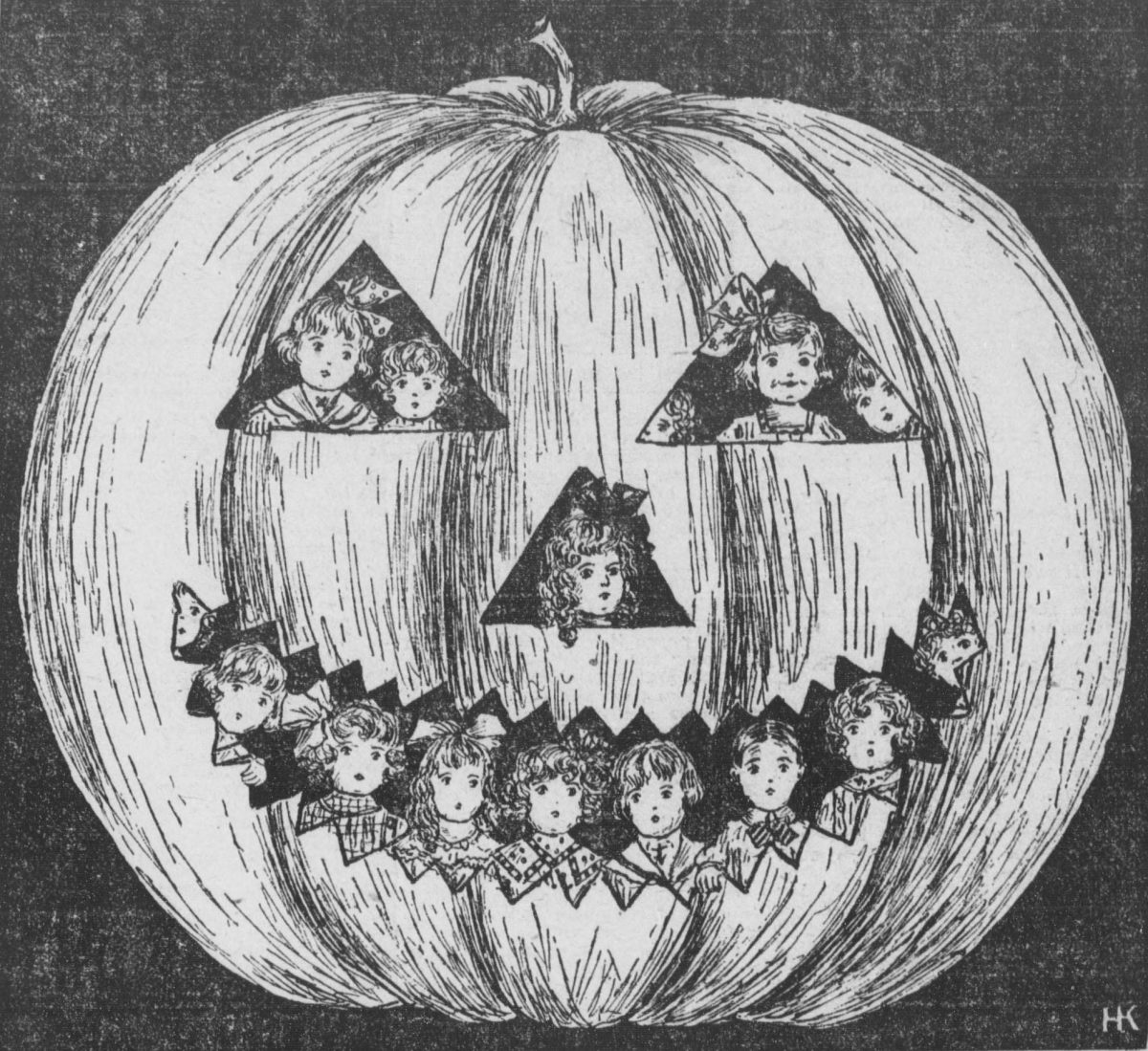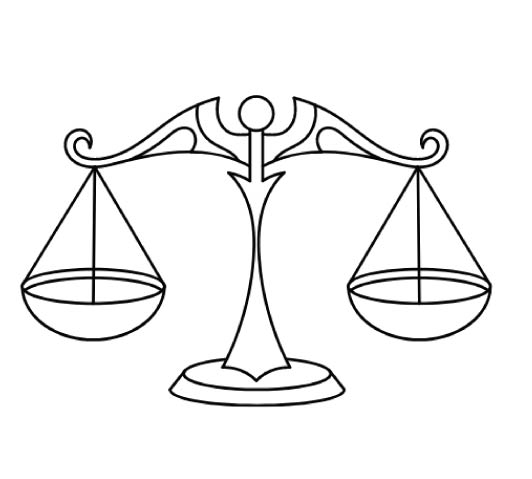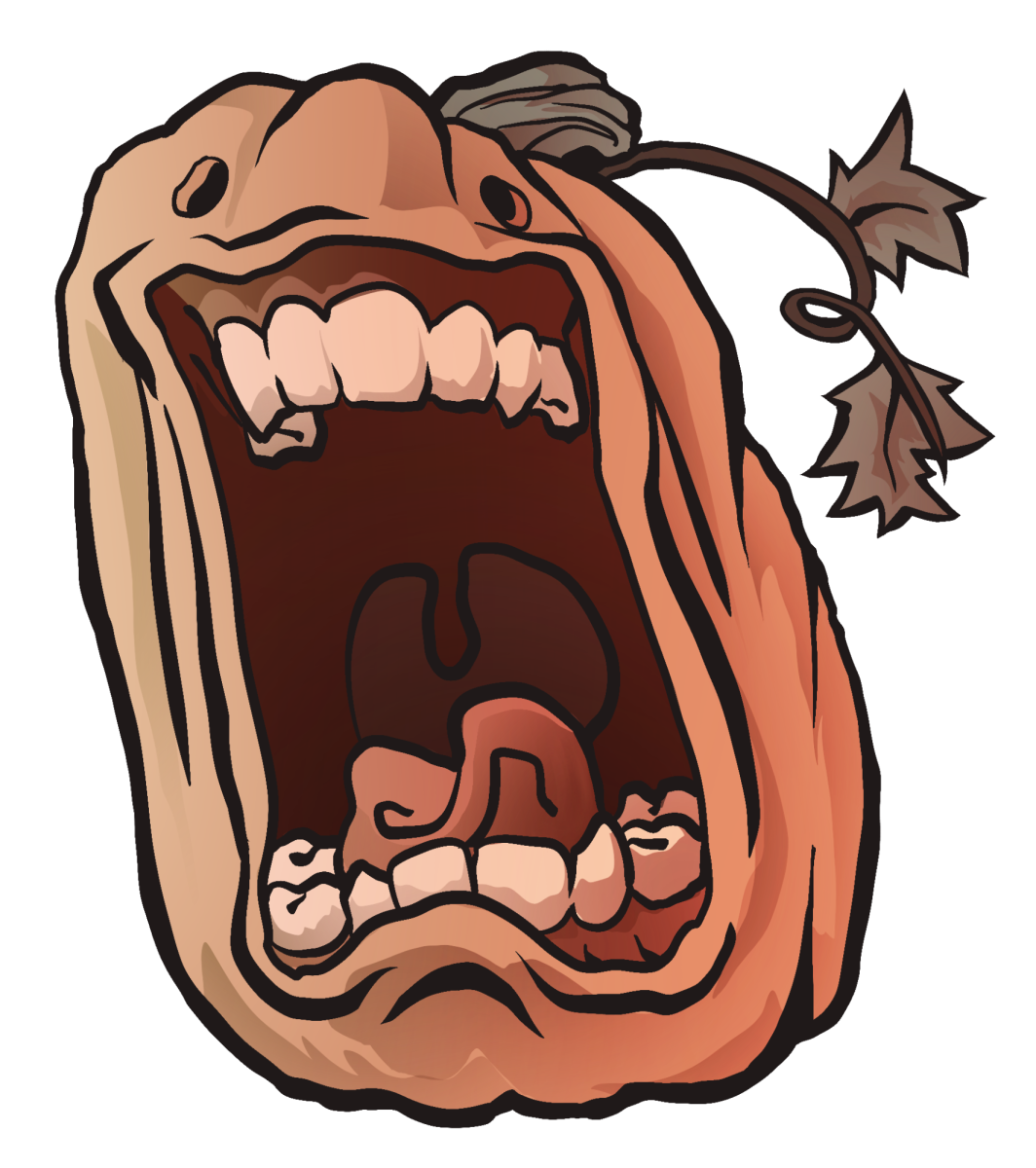by Chris DeLeon
As a personal trainer, I am constantly asked for input about losing weight. Generally, this is accompanied by a request for my opinion of one fad diet or another. My answer is always the same; don’t buy the hype.
The Atkins diet and South Beach diet support cutting carbohydrates and consuming higher amounts of protein. The ketogenic diet places the emphasis on consuming high amounts of fat while decreasing carbohydrates. Though all these diets differ in the recommended consumption of carbohydrates, protein and fat, they do have one thing in common: deviation from balance.
An unbalanced diet leads to an unbalanced body, and that isn’t good. But don’t just take my word for it. I have backup from an expert in the field of nutrition.
“There is a place for all food groups because each food group has its own job,” Jess Stieler, a registered dietician who works at the Hamilton Rec Center, said.
Stieler recommends consuming a balanced consumption of carbohydrates, protein and fat throughout the day as a food source.
Stieler also cautions against using fad diets because of the negative effect they can have on the body over time.
“We can survive on temporary measures for a while,” Stieler said. “But eventually it will catch up to us.”
Some side effects of continued use of fad diets are a higher risk of heart disease and some types of cancer. It also places a strain on the kidneys, which can lead to renal insufficiency (kidney failure) and kidney stones.
Other problems from the excessive use of fad diets are dehydration, calcium losses, nitrogen losses and decreased glycogen stores. Also, the use of these diets can inhibit the metabolism from functioning properly.
“Metabolism can be damaged over time, but establishing balance can lead to recovery,” Stieler said.
Rarely is damage permanent, but the longer fad diets are used, the more accumulated damage can occur and the harder it is to get back to an overall state of health.
More than anything else, carbohydrates get vilified as the enemy of weight loss. This is an unfair generalization, Stieler recommends a more open-minded view.
“Not all carbs are the same,” Stieler said. “Whole grains should be consumed instead of processed foods.”
The fact of the matter is that carbohydrates, protein and fat are all macro-nutrients. The body needs them all, and it needs them in proper balance in order to function correctly.
Protein builds and repairs body tissues and structures.
Fat is essential for cellular function and structure as well as proper hormone balance.
Carbohydrates provide energy for the body and should make up approximately 50 percent of your diet. When combined in proper proportion, the body functions as it is supposed to.
Think of it as walking a tightrope and using a pole to balance. On one side you have carbohydrates; on the other side, you have protein and fat. If you shift the pole all the way to one side, you won’t be able to stay on the rope and won’t be able to reach your goal: achieving and maintaining a healthy body.
One reason why many people may have difficulty attaining a healthy weight, in spite of eating right, may be a balance issue that originates beyond the table. Stieler recommends pursuing balance across the board.
“Sleep and emotional state factor in,” Stieler said. “Diet has to be balanced, but life should also be balanced to get the desired results.”
A properly balanced diet really depends on the individual, I recommend scheduling an appointment with Stieler to learn more. She has an office in the Hamilton Rec Center and is eager to help CMU students and faculty in their pursuit of a healthy lifestyle.
To make an appointment email [email protected].








